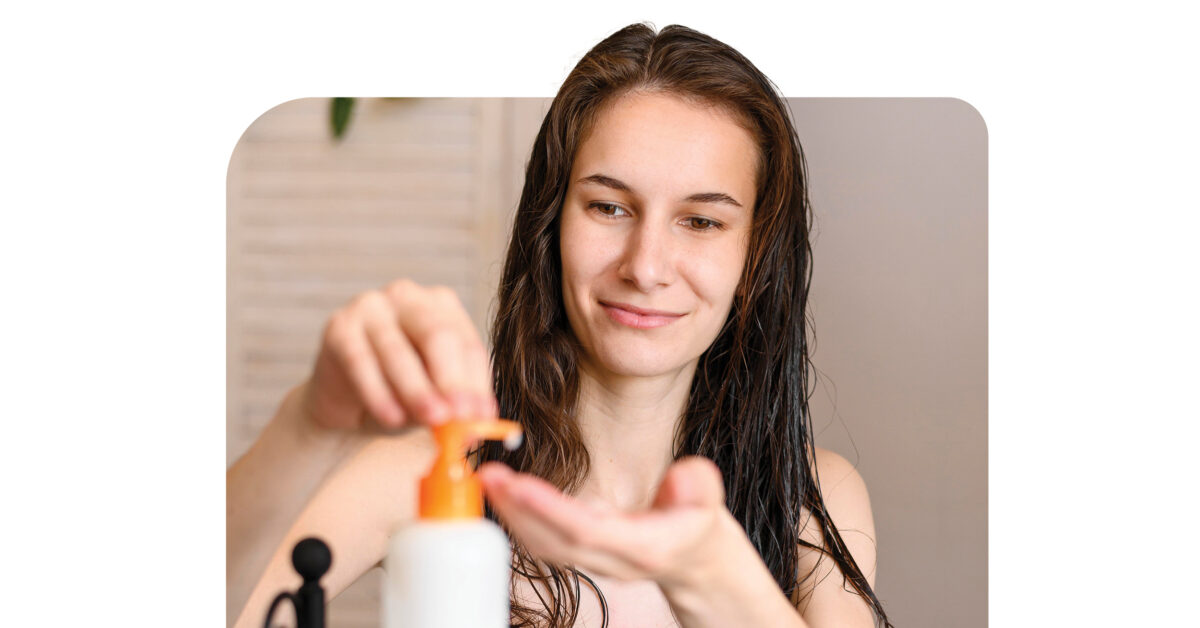
Stressed On The Job: Tips To Manage the Load
April 2025
What’s For Brunch? SWLA Restaurants Offer An Array of Delicious Spreads
April 2025by Kristy Como Armand
As the temperatures rise and flowers begin to bloom, pets and their owners are likely enjoying more time outside in pleasant spring weather. And while spring brings more opportunities for outdoor adventures, Dr. Adam McMahan, veterinarian and owner of Bayou South Animal Hospital reminds pet owners that the new season presents unique challenges that can affect your pet’s well-being.
“A comprehensive veterinary check-up is the first step in preventive care for your pet in spring if they have not had one recently,” he advises. “Schedule a visit to assess your pet’s overall health, update vaccinations and discuss any concerns or changes in behavior. Regular check-ups enable early detection of health issues and allow your veterinarian to tailor preventive care recommendations to your pet’s specific needs.”
From pests and pesticides to allergies and cleaning hazards, Dr. McMahan shares some additional seasonal precautions to keep your pet thriving through spring and into summer:
Allergies
Springtime allergies can affect pets, causing symptoms such as itching, sneezing, and skin irritation. Common allergens include pollen, mold and grass, just to name a few. “Keep an eye out for signs of allergies in your pet,” says Dr. McMahan, “such as excessive scratching or licking. If you notice signs of an allergic reaction, consult your veterinarian for appropriate treatment.”
Insects
With warmer temperatures come increased activity of mosquitoes, fleas and ticks, which pose a significant threat to your pet’s health. Regularly check your pet’s fur for ticks after outdoor activities and use vet-approved flea and tick preventatives. Keep in mind that many over-the-counter flea and tick products sold at in stores are no longer effective as fleas and ticks have become resistant to them. Veterinary-prescribed products such as Bravecto kill fleas and ticks within hours. Dr. McMahan says it’s also very important to make sure your pet is on year-round heartworm preventive medication. “My preferred product for heartworm prevention is called ProHeart, an injection your veterinarian gives that lasts up to 12 months. This is your best bet if you have trouble remembering to give your pet a pill every month.”
Spring Cleaning
Spring cleaning is a time-honored tradition in many households but be sure to keep all cleaners and chemicals out of your pets’ reach, reminds Dr. McMahan. “Almost all cleaning products, even all natural ones, contain chemicals that may be harmful to pets. Be sure to read and follow label directions for proper use and storage.”
Yard Work
Fertilizers, pesticides, and mulch used in spring gardening can be hazardous to pets. “Always store these chemicals securely and opt for pet-friendly products when possible,” says Dr. McMahan. “If your pet comes into contact with any lawn treatments, rinse their paws and coat to prevent ingestion.” He adds that many plants that bloom in spring, such as lilies, tulips, and azaleas, can also be toxic to pets if ingested. “Keep your garden pet-friendly by choosing non-toxic plants and ensure your pet does not have access to any potentially harmful foliage.”
Identification
“One of the most important things you can do to protect your pet is to ensure they have proper identification, including a collar with tags and a microchip with up-to-date contact information,” Dr. McMahan says. “This is true all the time, but even more critical when they are spending more time outside and may be more likely to run off.”
For more information, visit www.bayousouthanimalhospital.com.






